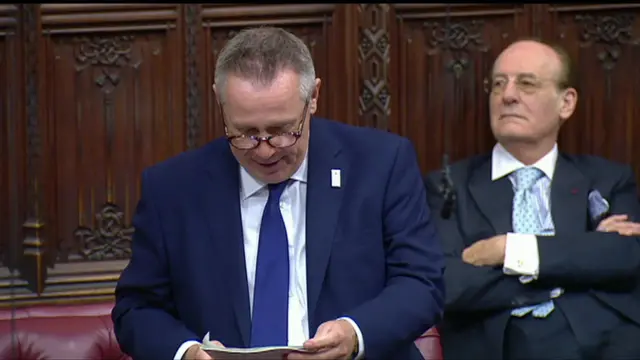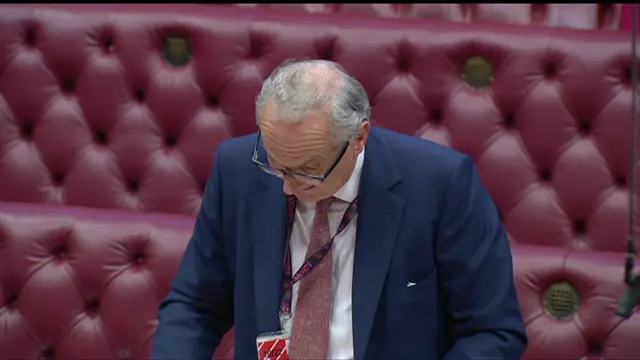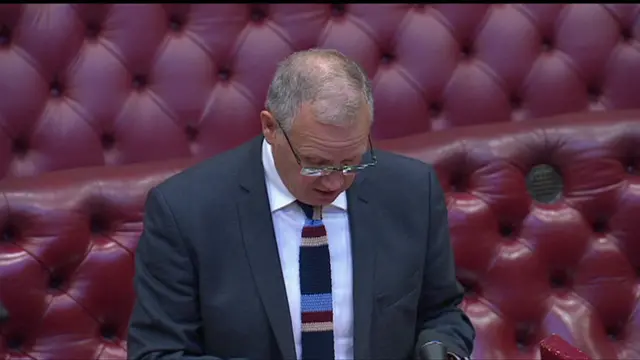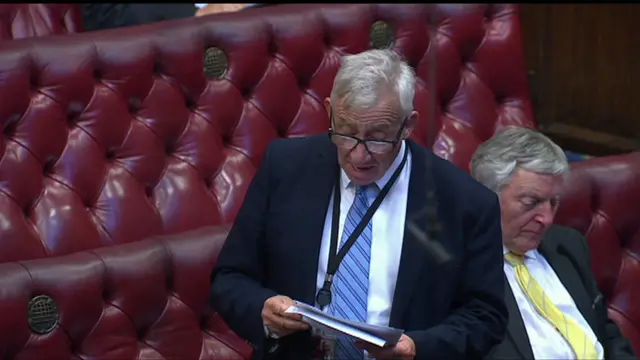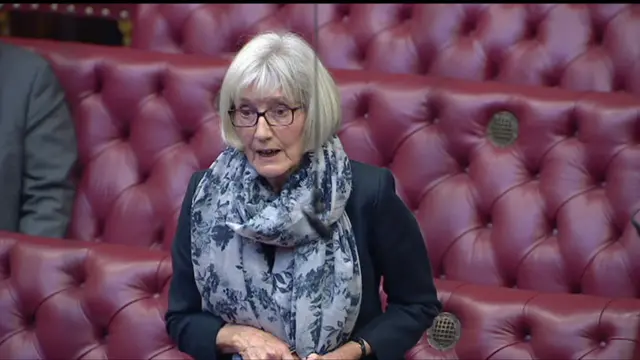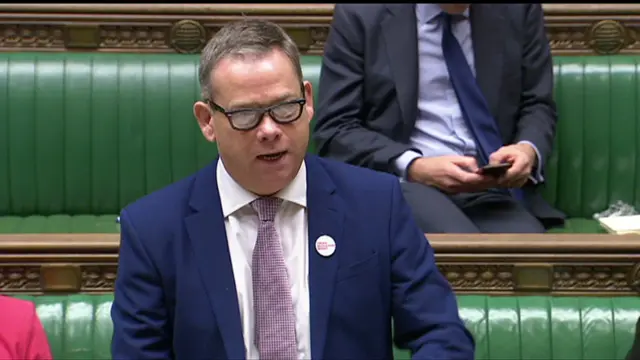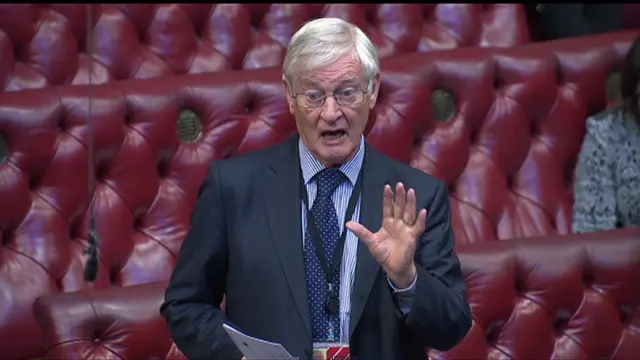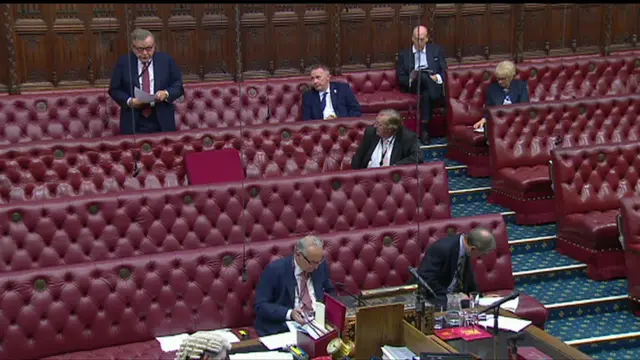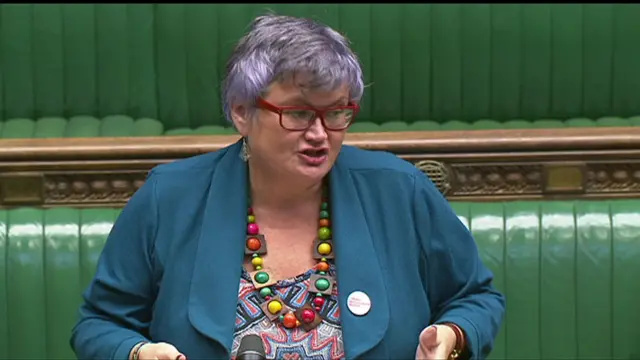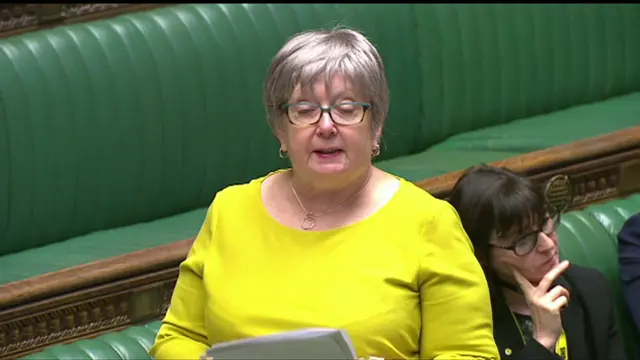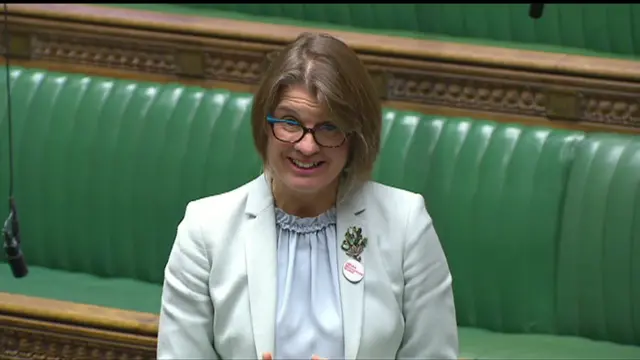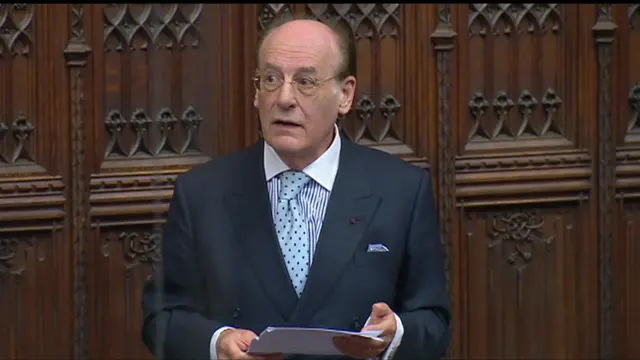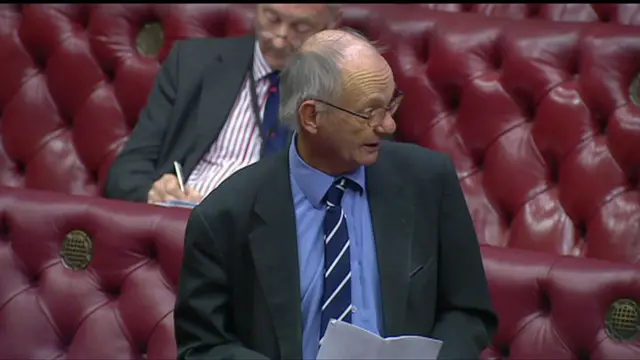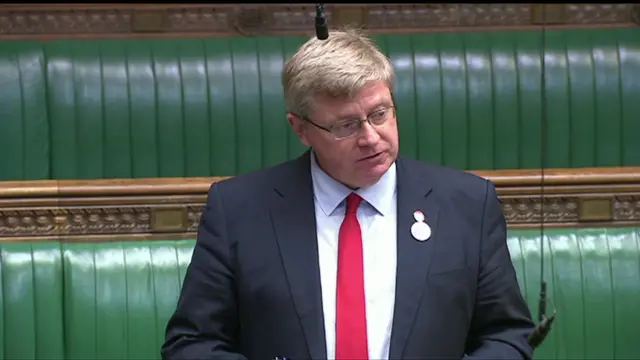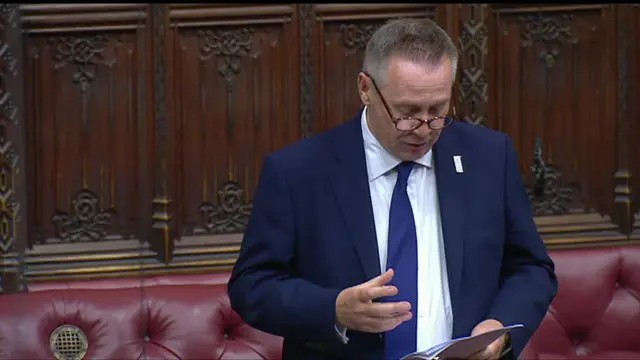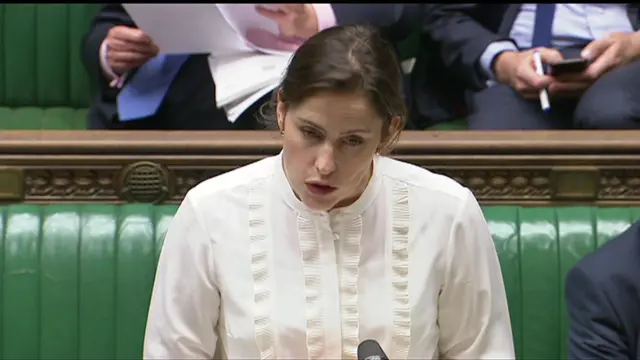ESA underpayment statement repeated in Lordspublished at 16:33 BST 18 October 2018
ESA Underpayments Statement Repeat
 House of Lords
House of Lords
Parliament
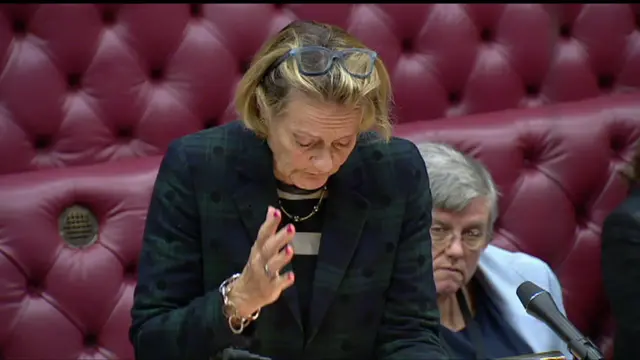 Image source, HoC
Image source, HoCPeers are now responding to the repeated statement on ESA underpayments, which is being read by Work and Pensions Minister Baroness Buscome.
It emerged yesterday that tens of thousands of people on sickness benefits will receive backdated payments averaging £5,000 following government errors.
In response to Labour spokesperson Baroness Sherlock's questions regarding compensation, Baroness Buscome says it is important to "make clear" that "no one saw a cash reduction when they transferred to ESA, this is about extra money they may have been entitled to".
"The key lesson we're learning is that it's a mistake to try to prepopulate information without being in touch with claimants," she adds.
Following this, the Lords adjourn.
